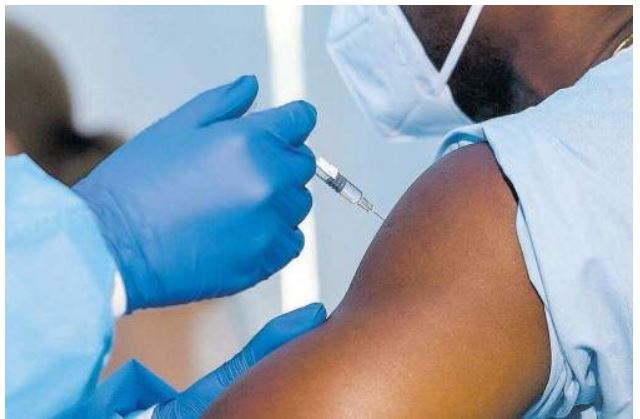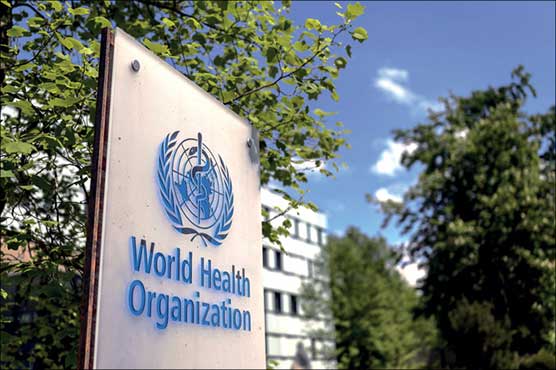Jamaican health authorities says the island remains malaria-free, even though two imported cases had been identified, last month.
In a statement, the Ministry of Health and Wellness said Jamaica has not recorded any local transmission of the potentially-fatal disease, which is caused by the plasmodium falciparum parasite.
The disease produces chills, headache, a high fever, and other flu-like symptoms, and the malaria parasite is transmitted to humans by the infected bite of female Anopheles mosquitoes.
In the statement, the Ministry acknowledged that since November, Jamaica identified two imported cases of malaria, and that the appropriate treatment and public health interventions have been made to prevent transmission.
It said that none of the infected persons reside in Jamaica and one of them has since left the country.
“The cases have been effectively contained by the public health system, so that there has been no local spread of the disease,” said Dr. Nicole Dawkins-Wright, Director of Emergency, Disaster Management and Special Services at the Ministry.
“The public is reassured that the public health department has found no breeding site for the Anopheles mosquitoes, which is the mosquito that transmits malaria, at any of the locations visited by the two cases before arrival of the individuals, and on subsequent assessments since identification of the cases. The health department executed the standard operating procedures for clinical and public-health assessments and interventions.”
The Ministry of Health and Wellness said Jamaica has been able to prevent the re-introduction of malaria by public health surveillance, identifying imported cases and putting in place the necessary control measures to prevent local spread, even in the presence of imported malaria.
Meanwhile, the Ministry is cautioning travellers to regions, where malaria is present, to take steps to prevent a reintroduction of the disease into the island.
It is urging them to limit the spread of malaria by taking anti-malarial drugs before travelling to endemic areas, wearing repellent and clothes that cover the body, as well as sleeping under mosquito nets.




